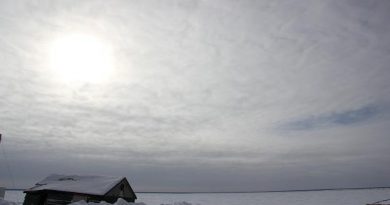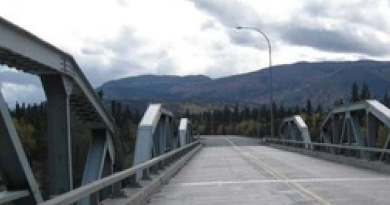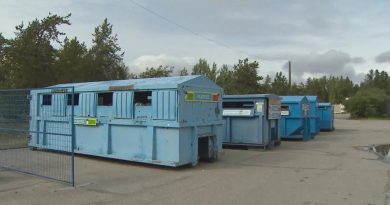Iceland offers COVID-19 testing to international travellers starting June 15
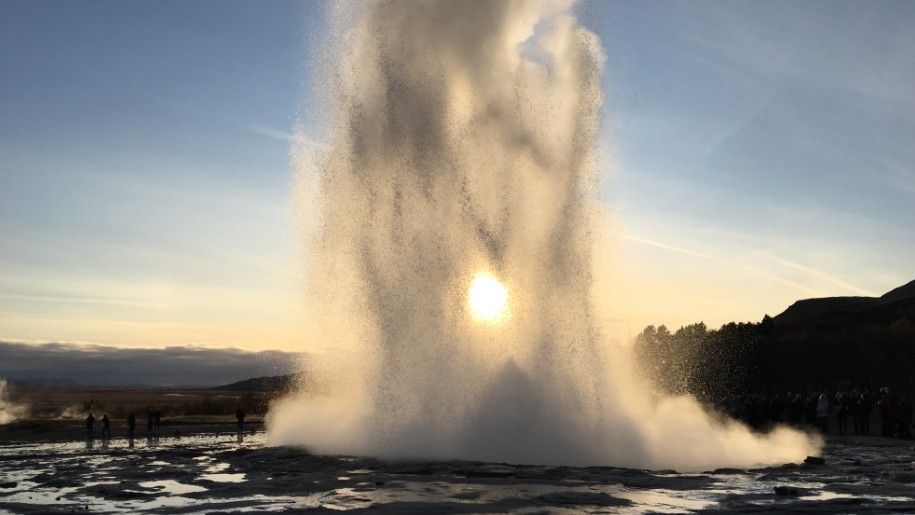
Iceland began offering COVID-19 testing to international travellers on Monday, in hopes that giving tourists a way to avoid two-week quarantines can help restart the tourism industry.
“Throughout the pandemic, we have aimed for moderate but targeted measures based on the best available information,” said Thorolfur Gudnason, Iceland’s chief epidemiologist in a news release on Monday.
“By testing all inbound passengers we will continue to collect valuable information that will help guide our decisions on removing regions from our list of high-risk areas in the future, or implementing a more careful approach,” he said.
Upon arrival in Iceland, travellers who wish to avoid the two-week quarantine period can undergo a polymerase chain reaction (PCR) test instead. The test involves taking swabs from the nose and throat.
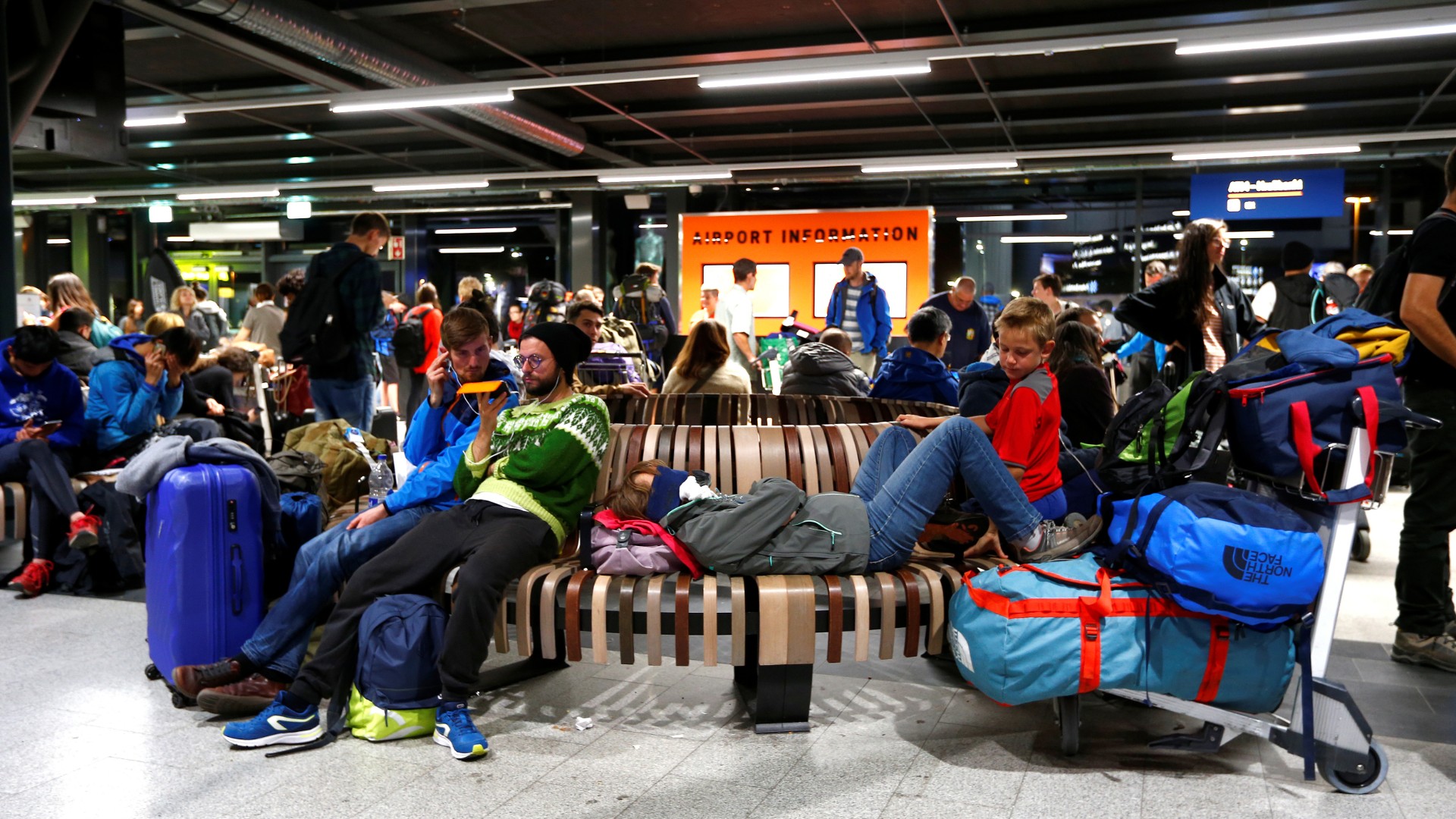
Tourists will be free to visit Iceland while waiting for their results, but will be expected to follow public health directives like maintaining physical distancing and frequent hand washing.
Testing free until July 1
Passengers are also required to preregister their trip with Icelandic health authorities and complete a health declaration.
If travellers are later found to be positive, they will undergo a blood test to detect antibodies and find out if the COVID-19 infection is active or not.
The PCR test will be free of charge until June 30. After that, travellers will be charged 15 000 Icelandic kroner (approximately $150 CDN) for testing.
Children born in 2005 or later are exempt from the testing requirement.
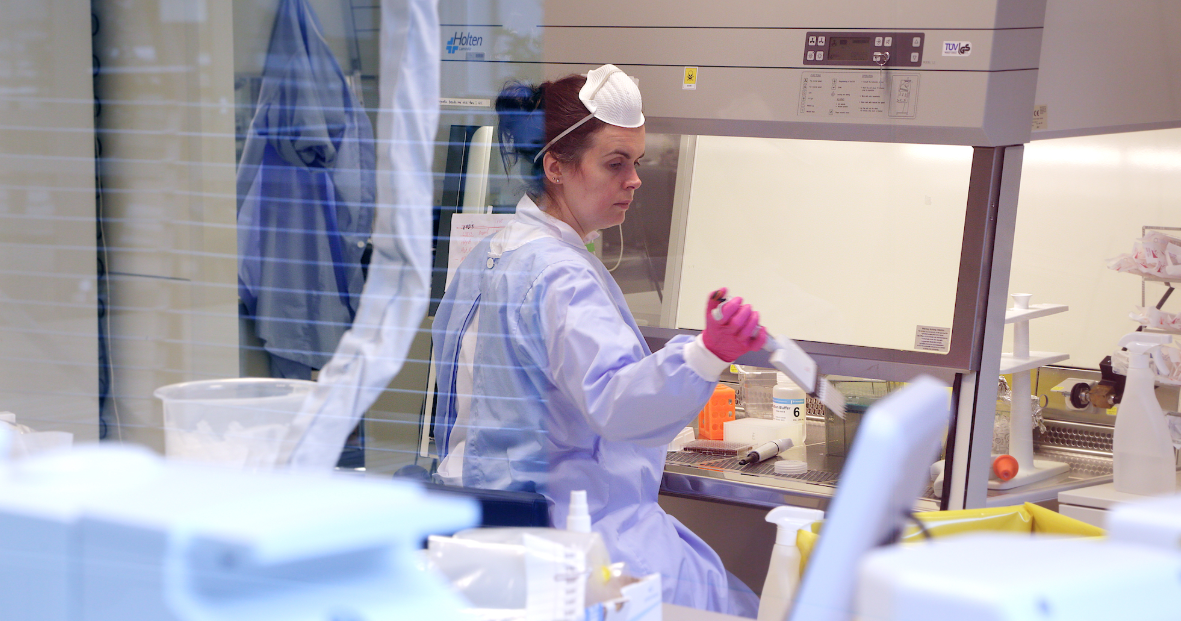
Iceland has recorded 1,810 confirmed COVID-19 cases since the pandemic began. As of Monday, there’s been 1,796 recoveries and 10 deaths.
Iceland has slowly been lifting coronavirus restrictions since April, and in May, there was less than 9 new reported cases.
Restarting the tourism industry
Jump starting the tourism industry has been one of the country’s main focuses as it reopens.
Less than 10 years ago tourism trailed behind Iceland’s fishing and aluminium industries. But until the pandemic, it had become the main driver of the economy contributing approximately $10 billion CDN to the total annual GDP.
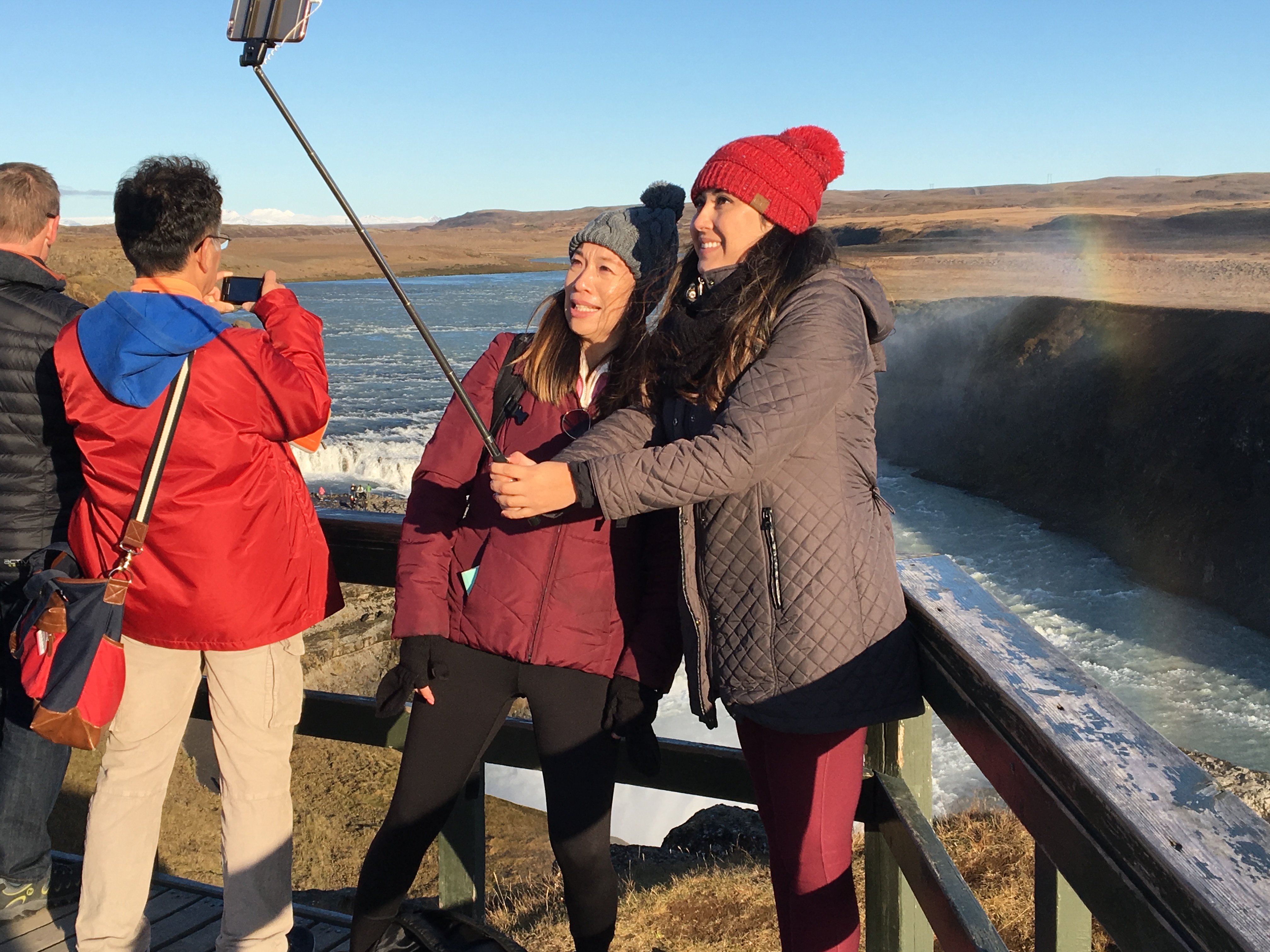
Iceland’s tourism minister says she’s convinced tourists will respect the same COVID-19 public health measures as locals whether they’re waiting for their test results or travelling around the country.
“The public has shown tremendous solidarity in our efforts to minimise the harm caused by COVID-19 in our country,” said Thordis Kolbrun R Gylfadottir, Iceland’s minister of Tourism, Industry and Innovation, in a news release.
“This level of common commitment has allowed us to pursue a policy of sensible social distancing with much less drastic measures than have been implemented in many other places. We are certain that this level of common responsibility will be shared by the visitors we welcome in the coming days, weeks, and months.”
EU/Schengen travel restrictions extended
Although Iceland said on Friday it will continue to implement EU/Schengen travel restrictions until the end of the month, it has widened the list of exemptions to include students and experts from third countries.
Twenty-six European countries make up the Schengen area, agreeing to coordinate on travel requirements between their respective countries so controls don’t need to be enforced at internal borders.
Member states are looking at a coordinated policy for opening the region’s external borders and are hoping to allow non-essential travel from third countries to resume by July 1.
Write to Eilís Quinn at eilis.quinn(at)cbc.ca
Related stories from around the North:
Canada: Scrapped 2020 cruise season will cost communities in Nunavut, Canada almost $1 million, Eye On The Arctic
Finland: Finland joins other Nordic countries in virtual tourism due to pandemic, Yle News
Norway: Norwegian Arctic wilderness tourism hit particularly hard by coronavirus, The Independent Barents Observer
Russia: All Russia’s North Pole cruises rescheduled to 2021, Eye on the Arctic
Sweden: Sweden seen as major source of COVID-19 in Western Finland region, Yle News
United States: Airline shutdown creates new challenges for rural Alaska, The Associated Press

